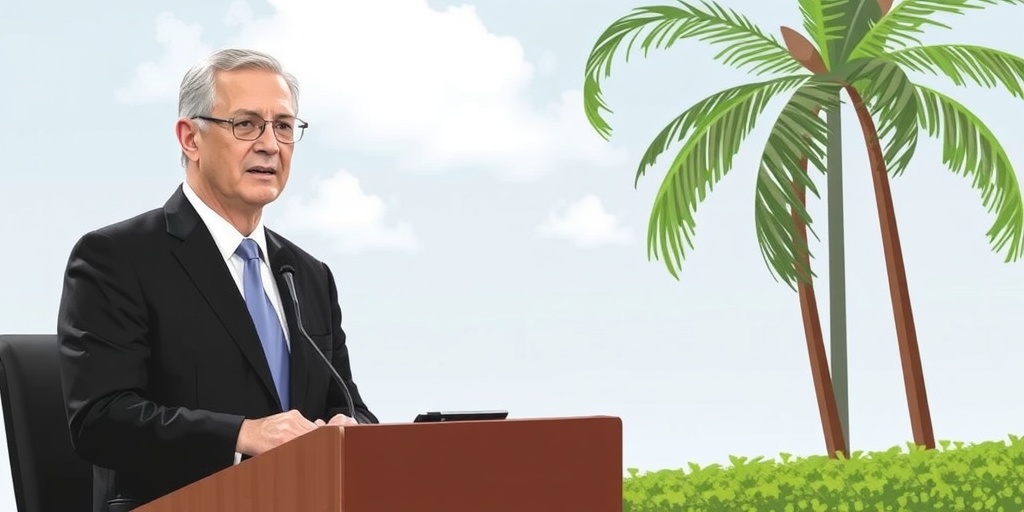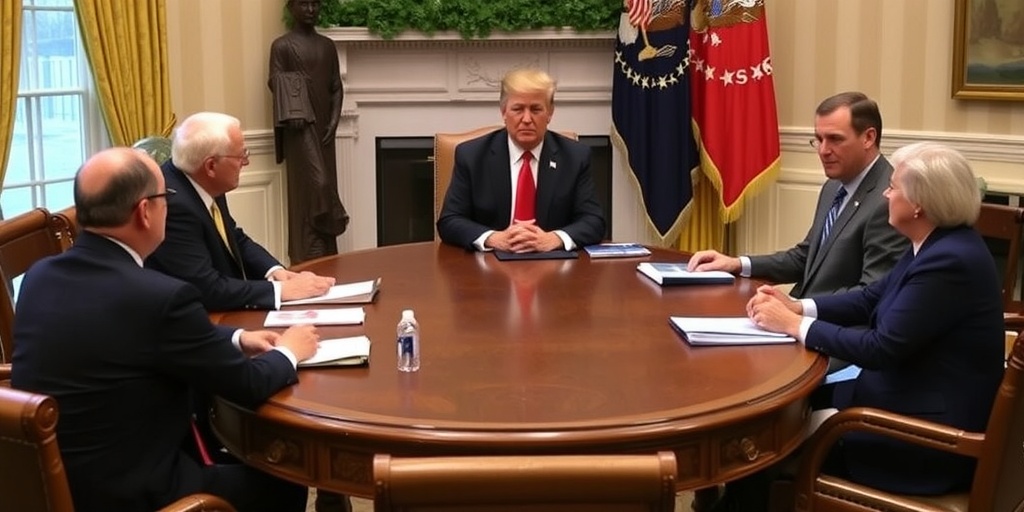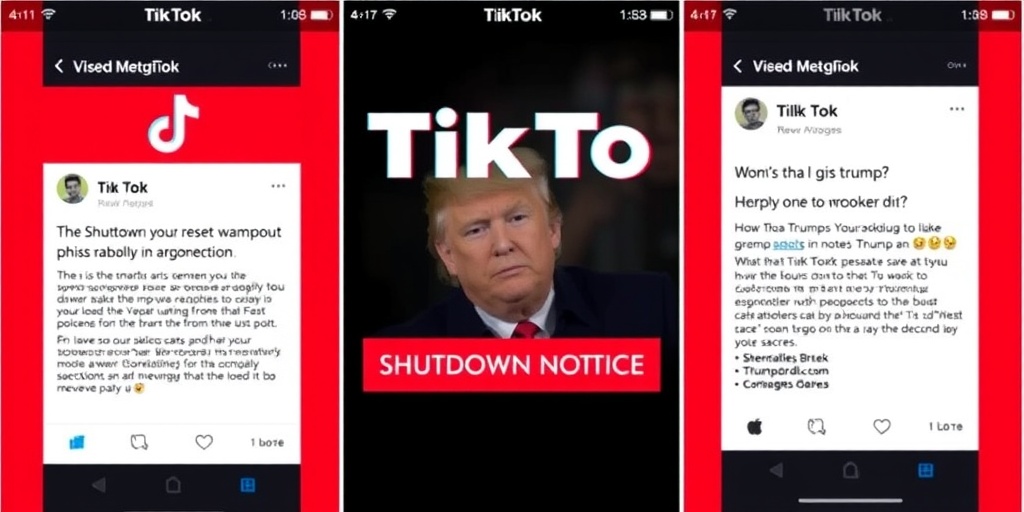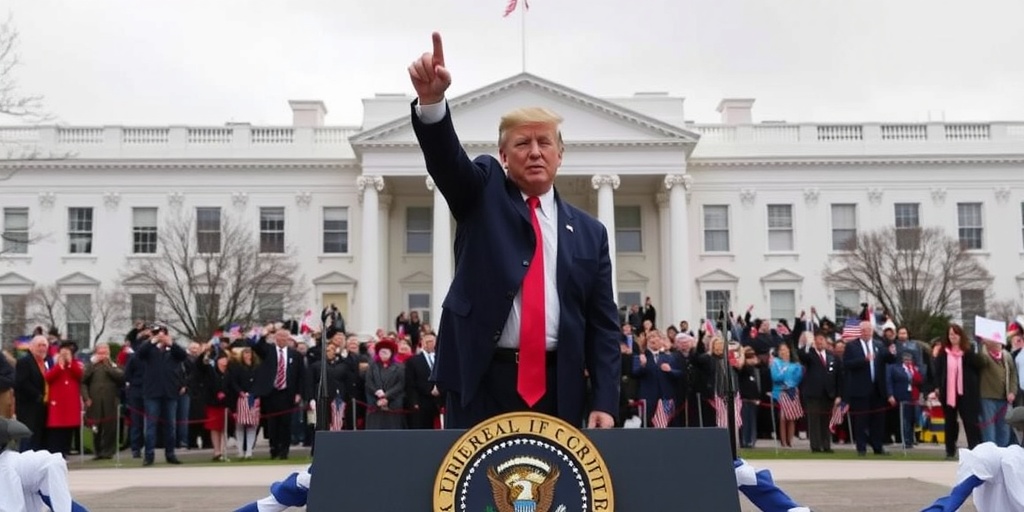Now Reading: Trump Promised to End Ukraine War, Conflict Continues
-
01
Trump Promised to End Ukraine War, Conflict Continues
Trump Promised to End Ukraine War, Conflict Continues

Trump’s Pre-Election Pledge on Ukraine: An Analysis of Broken Promises
As Donald J. Trump prepares to reclaim the presidency, he faces scrutiny over an extravagant campaign promise that has already been rendered unfulfilled. Vowing to put an end to the ongoing war in Ukraine, Trump had pledged to complete this monumental task within a mere 24 hours—before even taking the oath of office. This breathtaking assertion spoke volumes about his foreign policy ambitions and self-styled image as a singular problem solver.
During his campaign rallies throughout the fall, Trump emphasized his commitment to resolving the Russia-Ukraine conflict at an unprecedented pace. He boldly claimed, “Before I even arrive at the Oval Office, I will have the horrible war between Russia and Ukraine settled,” and reiterated similar sentiments across various platforms, including a televised debate against Vice President Kamala Harris. His words were not simply hyperbolic; they formed a central tenet of his public appeal, showcasing his supposed ability to achieve swift and decisive diplomatic outcomes.
However, as Trump stands poised to assume office again, it is clear that this ambitious promise has not materialized. Tensions in Ukraine continue unabated, with ongoing military engagements persisting as the world awaits the transition of power. Critics point out that Trump has not undertaken any substantial initiative aimed at facilitating peace in Ukraine, indicating a significant gap between his assertive rhetoric and the reality of the situation.
Senator Richard Blumenthal, a Democrat from Connecticut, has argued that Trump’s approach to the Ukraine conflict lacks a fundamental understanding of the complexities involved. Blumenthal noted, “Wars can’t be settled by bombast,” pointing out that effective resolutions require strong positions from all parties involved. He suggested that Trump’s rhetoric may, in fact, undermine Ukraine’s negotiating power rather than bolster it.
Throughout his political career, Trump has often opted for grand promises that later fell through. His previous commitments included the ambitious construction of a border wall, the complete elimination of the federal deficit, the establishment of lasting peace in the Middle East, and other high-stakes objectives—all of which remain incomplete or unaddressed. While other presidents have faced political repercussions for breaking significant promises, Trump has largely evaded similar fallout and continues to engage with electorate confidence.
Interestingly, Trump’s administration did achieve a notable diplomatic victory recently, helping to broker a cease-fire in Gaza, a process initiated under President Biden’s framework. In contrast, the situation in Ukraine presents unique challenges, primarily because Trump appears to be starting from scratch in a landscape devoid of preceding agreements or logistical structures.
Compounding the intricacies of the conflict, Trump’s newly appointed special envoy for Ukraine, Keith Kellogg, has recently postponed plans to engage with Ukrainian officials and discuss the ongoing war until after the inauguration. He indicated that he hopes to reach a resolution within 100 days of taking office, which starkly contrasts with Trump’s original assertion of a 24-hour timeline.
Experts have characterized Trump’s 24-hour promise as an unrealistic and absurd assertion, suggesting that true negotiations require much more time, particularly in light of the entrenched positions held by both Russia and Ukraine. Annapolis University senior fellow Kathryn Stoner emphasized that, “The only person who can actually end the war in 24 hours is Vladimir Putin.” She underscored the fact that any meaningful negotiation will inevitably involve intricate discussions that extend well beyond a single day.
Analysts point out that Trump’s promises may have more to do with signaling his intentions rather than demonstrating a concrete plan of action. His rhetoric signals a deviation from Biden’s foreign policy stance, indicating a potential inclination toward negotiating terms that could favor Russia. This perspective is echoed by his incoming national security adviser, Michael Waltz, who articulated the need for a strategic approach to bring parties to the negotiating table.
Despite the uncertain landscape, questions regarding the conditions necessary to secure peace remain looming. Issues such as reparations for Ukraine, the fate of International Criminal Court arrest warrants for key Russian officials, and the lifting of sanctions imposed after the invasion stand unresolved.
While Trump has expressed his concern for casualties and an urgency to find solutions, many wait in anticipation for concrete proposals to emerge from his administration. Some analysts speculate that Trump’s ambiguous approach may allow for greater flexibility, enabling him to adapt strategies as circumstances evolve. Yet, this leaves the global community questioning whether this flexibility will translate into effective resolution strategies or merely serve as a veil for indecision.
As the world watches, it remains crucial to monitor Trump’s actions as he transitions into his second presidential term and how he addresses the realities of a war that presents not only military challenges but profound implications for international stability.
Stay Informed With the Latest & Most Important News
Previous Post
Next Post
-
 01New technology breakthrough has everyone talking right now
01New technology breakthrough has everyone talking right now -
 02Unbelievable life hack everyone needs to try today
02Unbelievable life hack everyone needs to try today -
 03Fascinating discovery found buried deep beneath the ocean
03Fascinating discovery found buried deep beneath the ocean -
 04Man invents genius device that solves everyday problems
04Man invents genius device that solves everyday problems -
 05Shocking discovery that changes what we know forever
05Shocking discovery that changes what we know forever -
 06Internet goes wild over celebrity’s unexpected fashion choice
06Internet goes wild over celebrity’s unexpected fashion choice -
 07Rare animal sighting stuns scientists and wildlife lovers
07Rare animal sighting stuns scientists and wildlife lovers





















